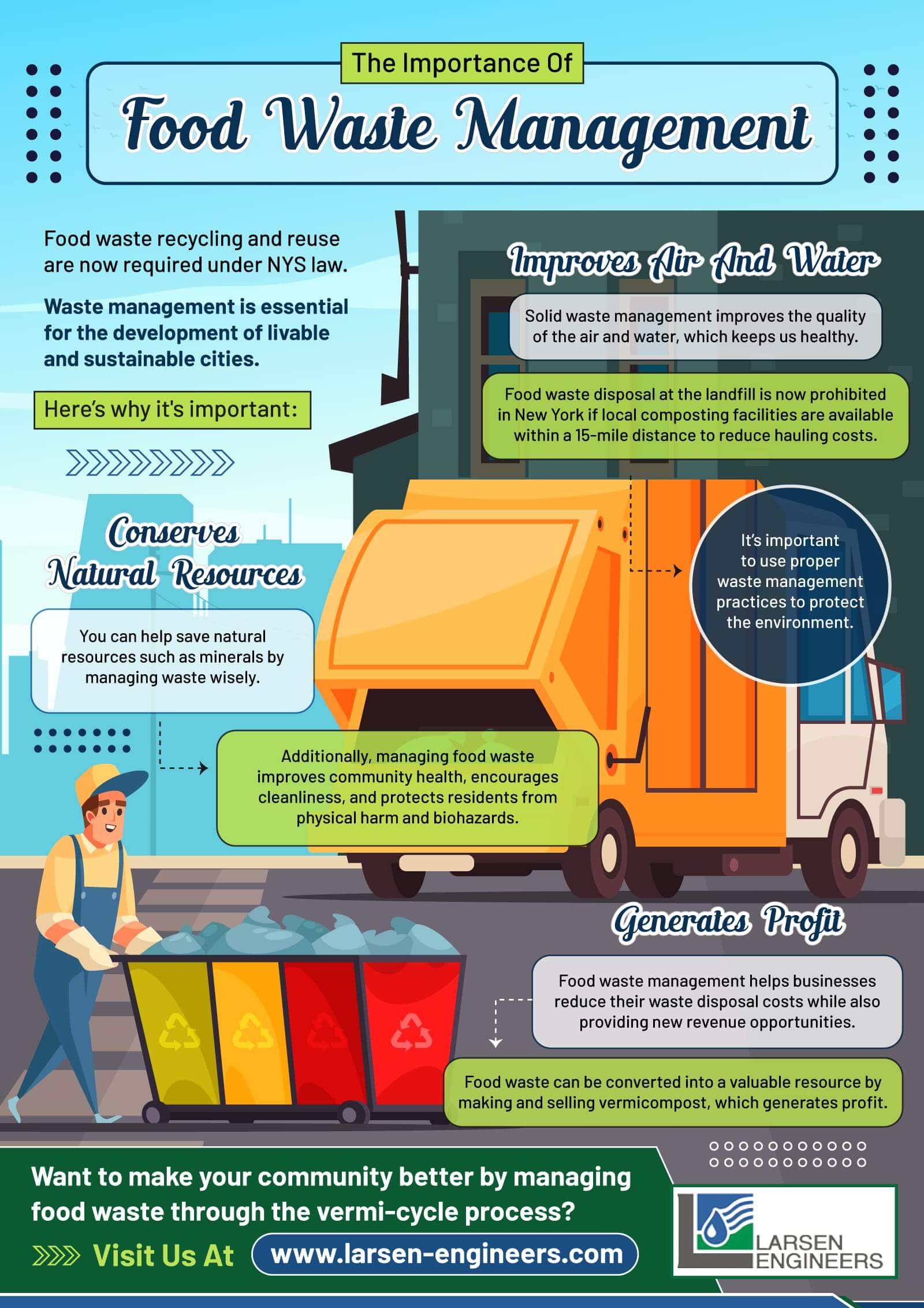Some Known Incorrect Statements About Reclaim Waste
Some Known Incorrect Statements About Reclaim Waste
Blog Article
The Ultimate Guide To Reclaim Waste
Table of ContentsExcitement About Reclaim WasteSome Known Facts About Reclaim Waste.Not known Factual Statements About Reclaim Waste The 6-Minute Rule for Reclaim WasteThe smart Trick of Reclaim Waste That Nobody is Discussing
Discover the types, events, and kinds of fluid waste. Domestic sewage waste describes the waste and items from a property septic system. This kind of waste is developed by people in residences, institutions, and various other buildings. This only consists of septic containers that have a drainpipe field. The proper monitoring and disposal of residential sewage waste call for fluid waste to be moved to a sewage treatment plant where the correct techniques and devices are related to cleanse and throw away waste.
Business waste usually consists of possible hazards, such as flammable materials or a combination of liquid and solid waste items, and requires an extra innovative and thorough disposal procedure. The disposal of commercial waste commonly involves the filtering of waste before transportation to ensure secure and appropriate disposal. Hazardous waste is developed from by-products and drainage of commercial procedures and manufacturing.
This kind of waste can not utilize the very same sewage administration transport or processes as septic or industrial liquids. The commercial waste monitoring procedure calls for the examination and testing of liquid waste prior to it goes through the disposal process (industrial wastewater treatment). Drainage waste is the liquid waste that originates from drainage and excess stormwater in highly booming areas or cities
Drainage waste can create contamination and flooding if not handled properly. Find out more concerning drain cleansing and waste monitoring. Ensuring proper waste monitoring can protect against calamities and minimize ecological harm. Both individuals in residential settings and specialists in industrial or manufacturing industries can gain from comprehending the processes and guidelines of liquid waste administration.
Reclaim Waste Can Be Fun For Anyone
Get in touch with PROS Providers today to find out about our waste management and disposal solutions and the correct means to care for the fluid waste you generate.
(https://www.mixcloud.com/reclaimwaste1/)This so-called 'wastewater' is not just an essential resource yet, after treatment, will be released to our land, waterways or the sea. Made use of water from toilets, showers, bathrooms, kitchen sinks, washings and industrial procedures is known as wastewater.

water made use of to cool down equipment or tidy plant and devices). Stormwater, a type of wastewater, is runoff that streams from agricultural and metropolitan have a peek at this site locations such as roof coverings, parks, yards, roads, paths and seamless gutters into stormwater drains, after rain. Stormwater streams neglected straight to regional creeks or rivers, at some point getting to the ocean.
Reclaim Waste Things To Know Before You Get This
In Queensland, a lot of wastewater is dealt with at sewer treatment plants. Wastewater is delivered from residential or commercial websites via a system of sewers and pump stations, referred to as sewage reticulation, to a sewer treatment plant. Local governments develop, keep and operate most sewage treatment plants. Operators are accredited under the Environmental Protection Act 1994 to discharge cured wastewater at an acceptable environmental standard into rivers.
The Department of Natural Resources recommends regional governments regarding managing, operating and preserving sewerage systems and therapy plants. In unsewered locations, city governments may require homeowners to set up individual or household sewer therapy systems to treat residential wastewater from bathrooms, kitchens, washrooms and laundries. The Division of Natural Resources authorises using home systems when they are confirmed to be reliable.
In some brand-new communities, therapy of some stormwater to remove trash, sand and crushed rock has actually begun utilizing gross contaminant catches. Wastewater treatment takes place in four stages: Eliminates strong matter.
Wastewater then flows right into large storage tanks where solids resolve and are gotten rid of as sludge. Grease and residue are skimmed from the surface area. Makes use of little living organisms knows as micro-organisms to break down and eliminate continuing to be dissolved wastes and fine fragments. Micro-organisms and wastes are included in the sludge. Eliminates nitrogen and phosphorus nutrients that can create algal blooms in our rivers and endanger water life.
The Single Strategy To Use For Reclaim Waste
Nutrient elimination is not readily available at all sewer therapy plants since it calls for expensive specialist devices. Clear fluid effluent produced after therapy may still contain disease-causing micro-organisms - liquid waste removal.

A lot of wastewater flows into the sewerage system. Under the Act, regional governments administer approvals and permits for environmentally pertinent activities (Periods) involving wastewater releases that could have a regional effect.
The 10-Minute Rule for Reclaim Waste
Monitoring provides accurate details regarding water quality and can verify that licence conditions are being fulfilled. The information obtained through tracking supplies the basis for making water top quality choices.
Report this page